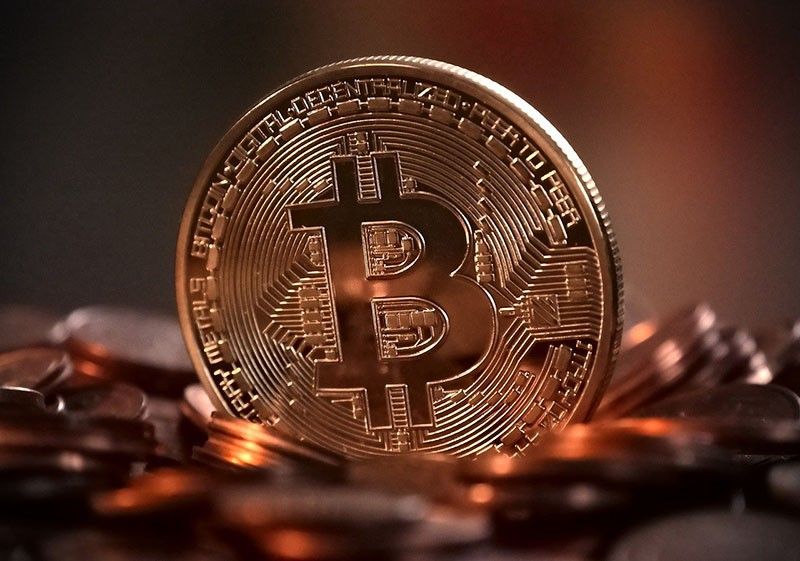Explainer: Are cryptocurrencies safe from red-hot inflation?

MANILA, Philippines — One of cryptocurrency's best-selling points was that it’s supposed to be a “hedge against inflation”, meaning its value will hold over time because it is protected against rising prices.
But recently, this much-hyped asset class has been mirroring a deep slump in stock markets amid fears over boiling inflation. Since the release of data showing US inflation quickening at its briskest level in more than four decades in May, Bitcoin has fallen by 30%. And the US central bank’s more aggressive response to red-hot inflation is making investors anxious.
That said, is crypto really safe from inflation?
Are cryptocurrencies insulated from inflation?
For Philip Te, program director for cryptocurrencies courses at Ateneo Center for Continuing Education, crypto is affected by inflation “in a way that is entirely unexpected.”
Te explained that, in the past, cryptos like bitcoin are “not highly correlated with traditional capital market instruments” such as bonds and stocks, which are sensitive to inflation and movements in interest rates.
But what makes people think that bitcoin is a good inflation hedge is its limited supply, Te said. Bitcoin supply is hard coded to be at maximum 21 million coins, with around 19 million already mined. As this type of asset class becomes more popular, the limited supply of bitcoin and growing demand for it should, in theory, make it safe from consumer price increases that tend to trigger rate hikes.
But it is also this growing popularity of crypto that’s making it vulnerable to inflation. With more institutions adopting crypto, Te said there is now a “strong correlation between Bitcoin and capital market instruments.”
“So when it is evident that inflation is out of control and Federal Reserve seems to have difficulty catching up, institutional investors rushed to reduce capital allocation away from Bitcoin to other traditional stores of value,” Te said in an interview.
Separately, Josef Singson, chief marketing officer at local trading community Open Journal, believes that, in general, it is the grim economic outlook that’s weighing on any types of investments, including crypto.
"Short answer is yes, cryptocurrencies along with all financial asset classes including bonds and stocks are being negatively affected by inflation. In fact, it’s not just inflation but it's really the overall macroeconomic picture,” Singson explained in an interview.
At home, the Bangko Sentral ng Pilipinas raised its benchmark rate for the first time in over three years last May to cool down sizzling inflation. Incoming BSP Governor Felipe Medalla has said it is a “sure thing” that the central bank will lift rates anew next week, adding a hint that the tightening would be gradual.
Are cryptocurrencies meant to be simply stores of value?
A store of value is an asset or commodity that can be stored for a long period without any depreciation in value. The longstanding belief is that cryptocurrencies embody those qualities.
Te explained that there are promising developments to fortify cryptocurrencies not just as stores of value but also as a medium of exchange. In the past two years, El Salvador was one of the first countries to recognize Bitcoin as a legal tender, propping up the cryptocurrency on the same as level as fiat currency.
“With all the noises surrounding the crypto crash, there are developments that could strengthen cryptocurrencies potential as medium of exchange,” he said. “Still, the quest for stable value to strengthen the allure of cryptocurrencies as medium of exchange is still...elusive.”
Can the central bank's monetary policy tools affect crypto?
For Singson, the BSP’s tools to fight inflation and control money supply can affect cryptocurrencies.
"The levers of monetary policy of BSP and larger picture of Fed and other central banks really have an effect on financial markets since it affects liquidity, they affect inflows and outflows of capital. In relation to interest rates, going up we're also seeing the effects on bond yields. Historically when yields and the dollar goes up, it’s not good for risk assets such as equities and cryptocurrencies," Singson said.
"That’s what we’ve been seeing in emerging markets, not just Philippines but our other peers in Southeast Asia as well," he said.
- Latest





























